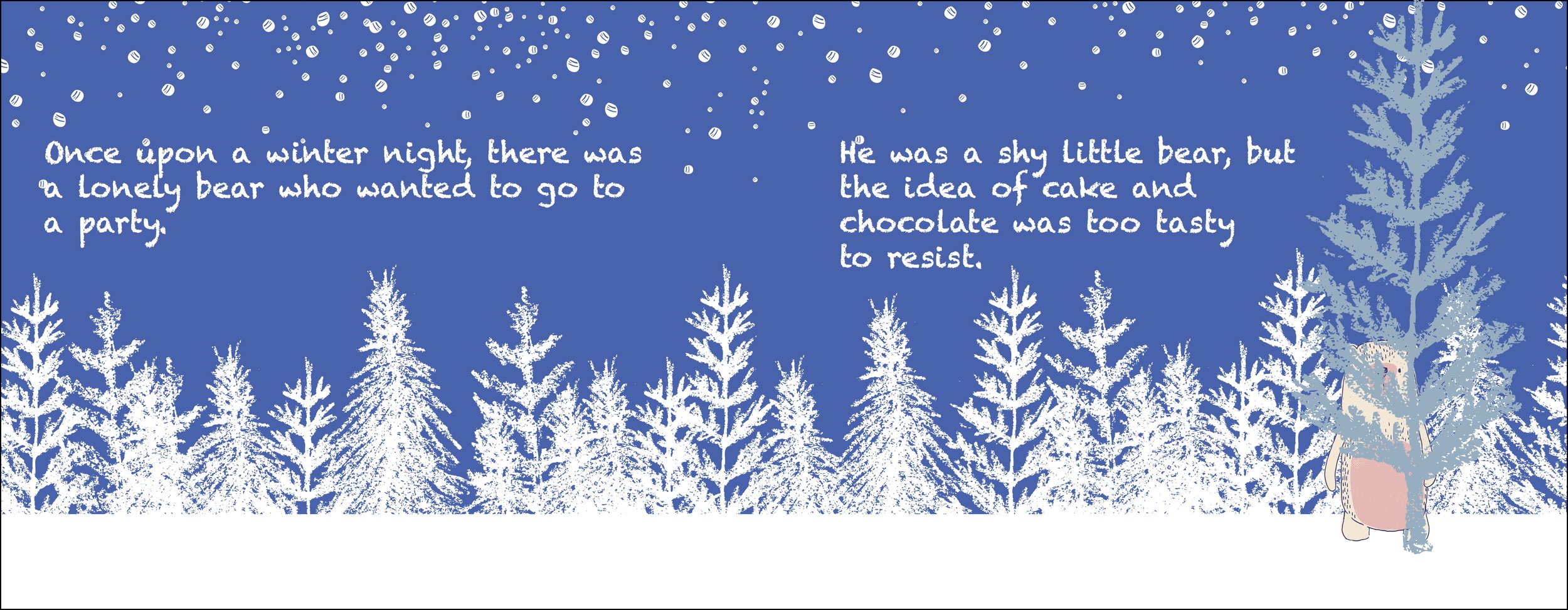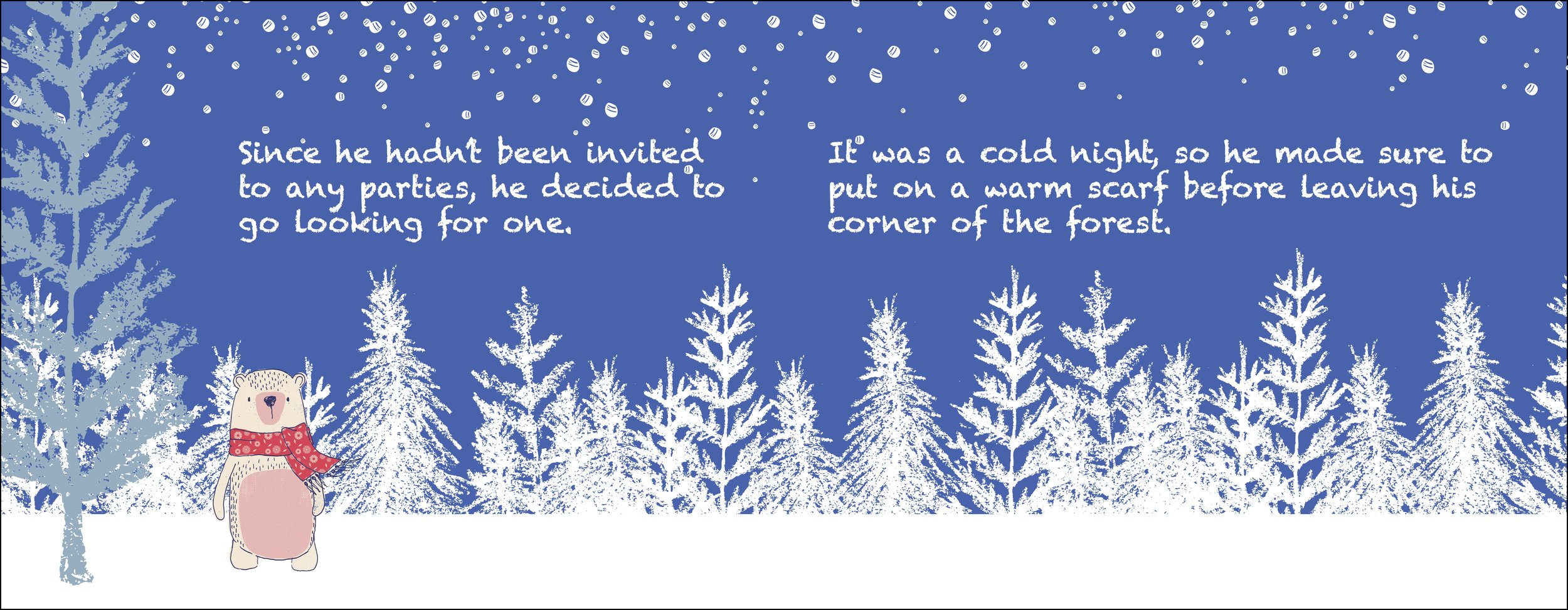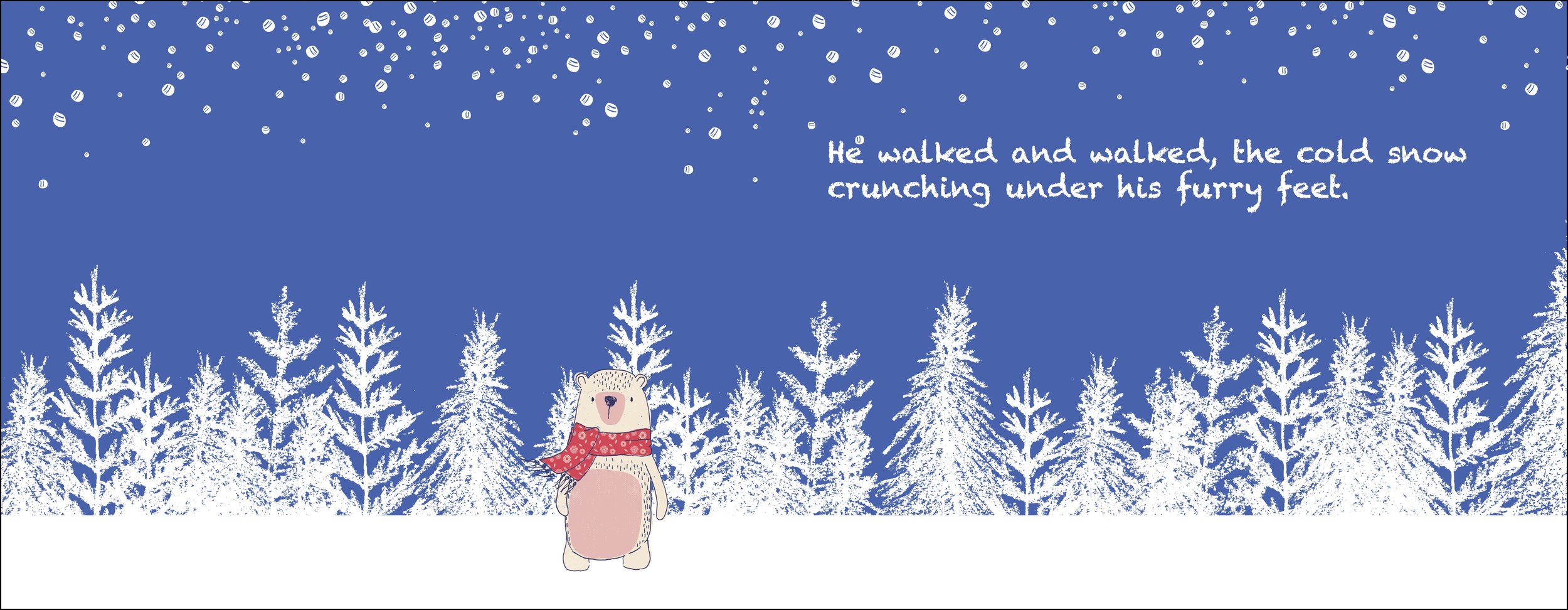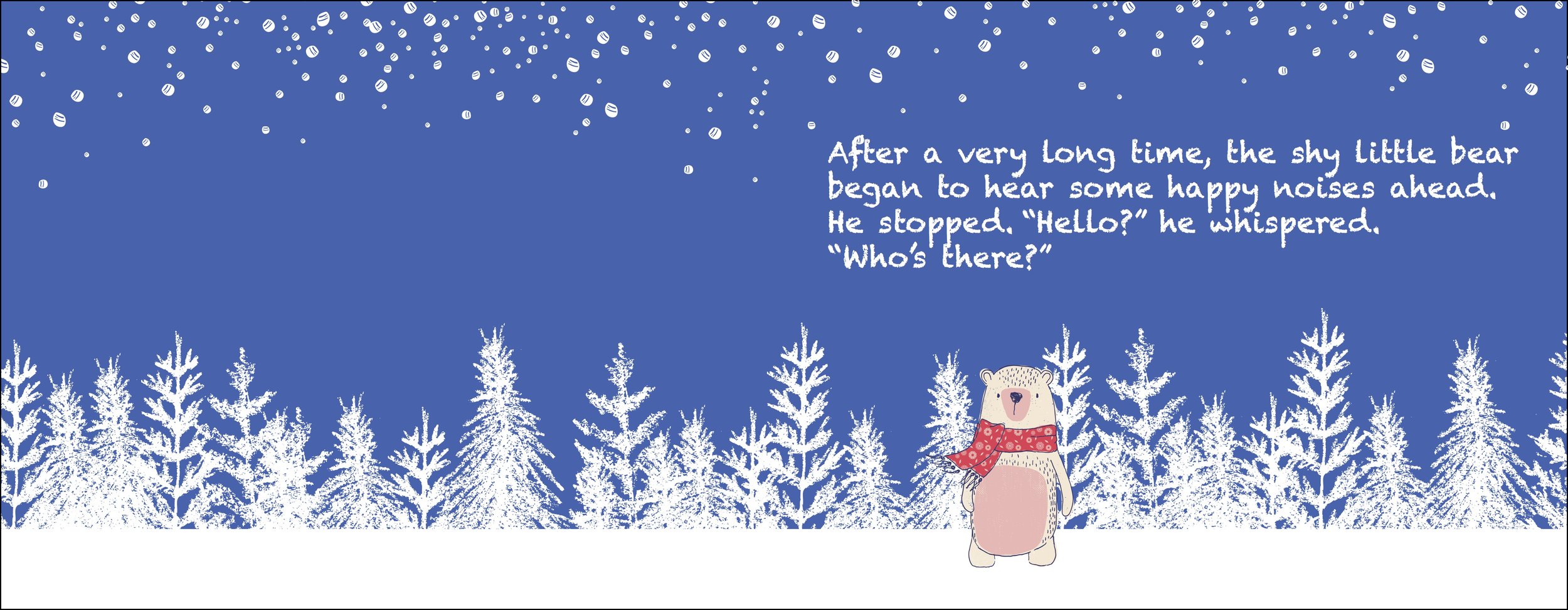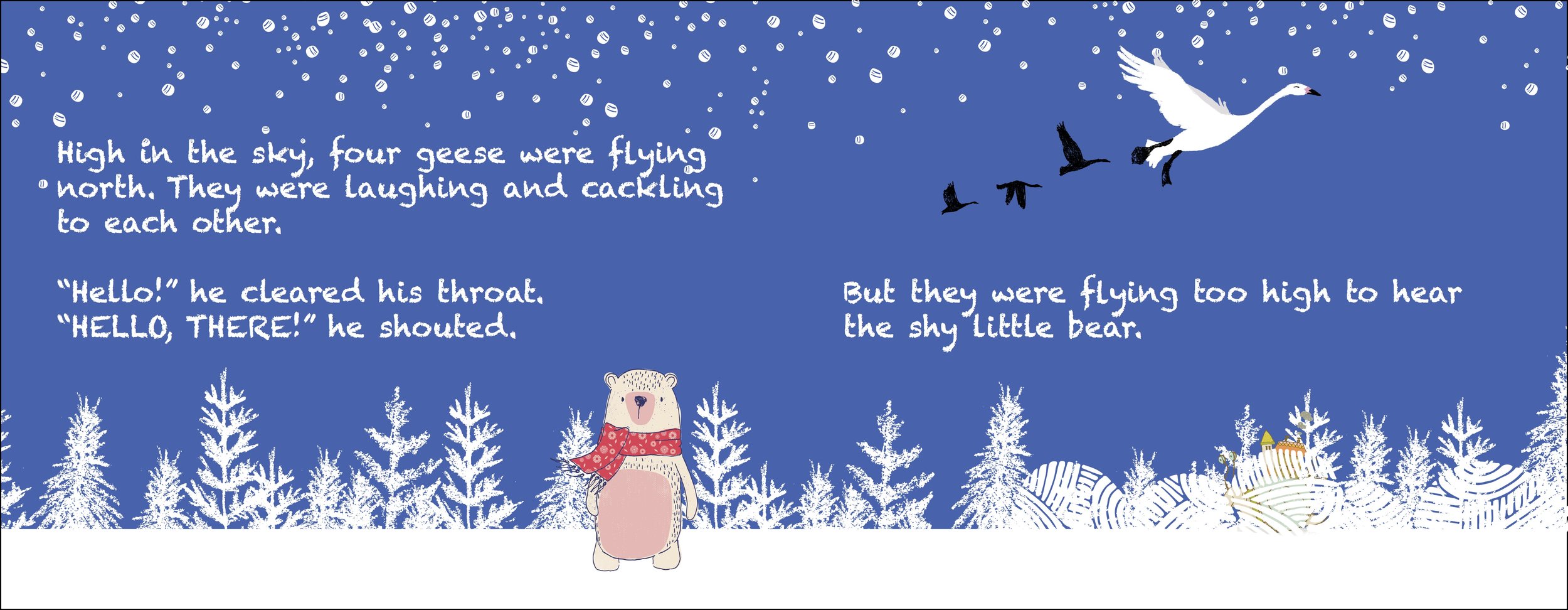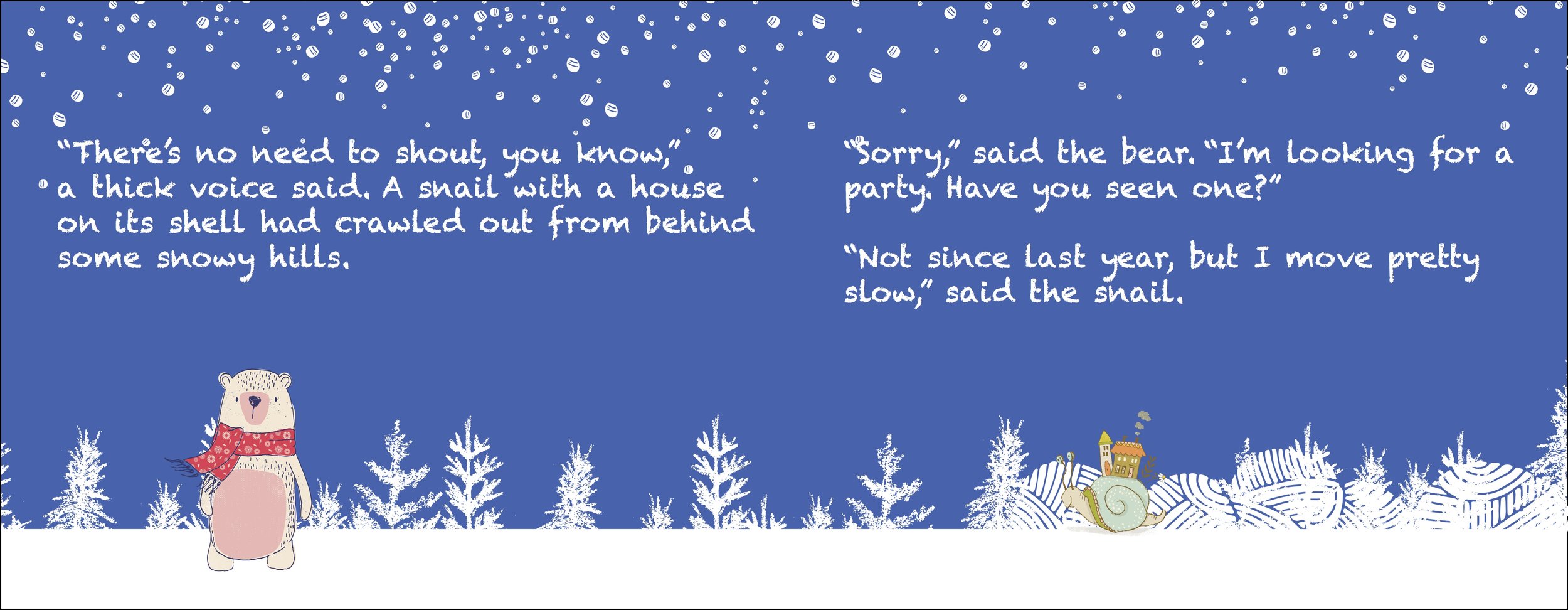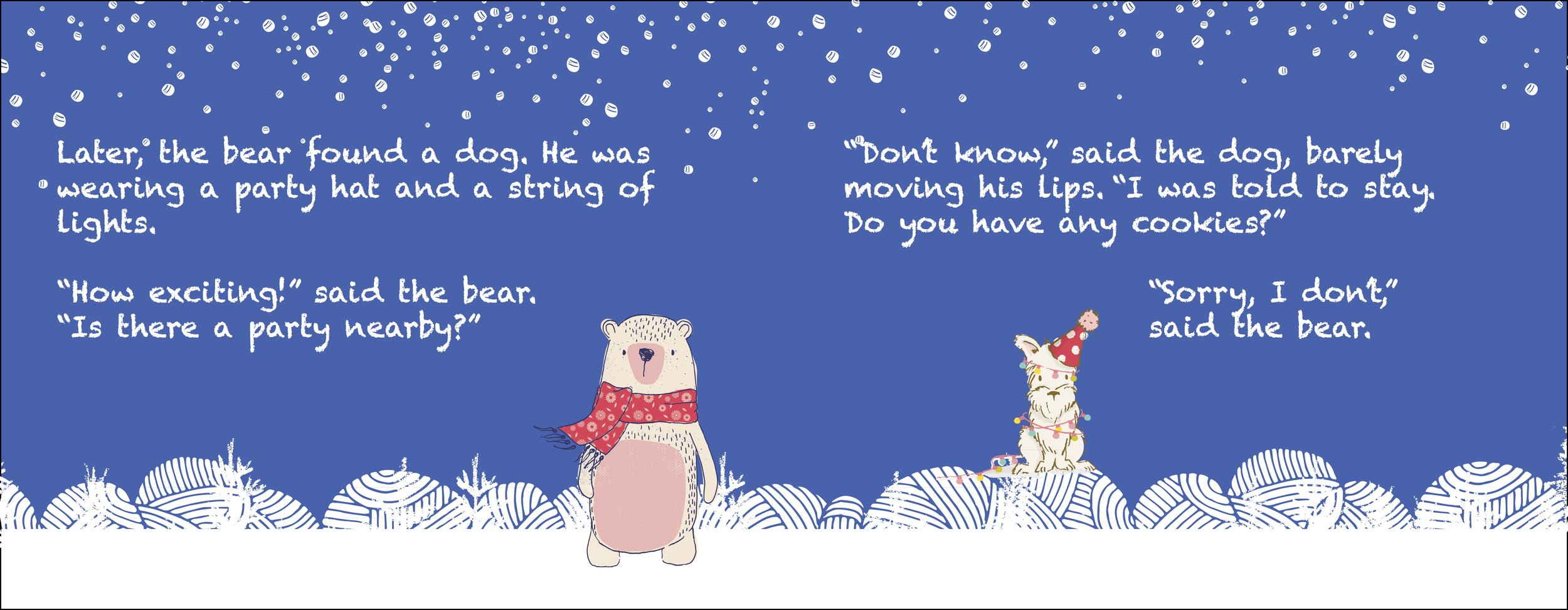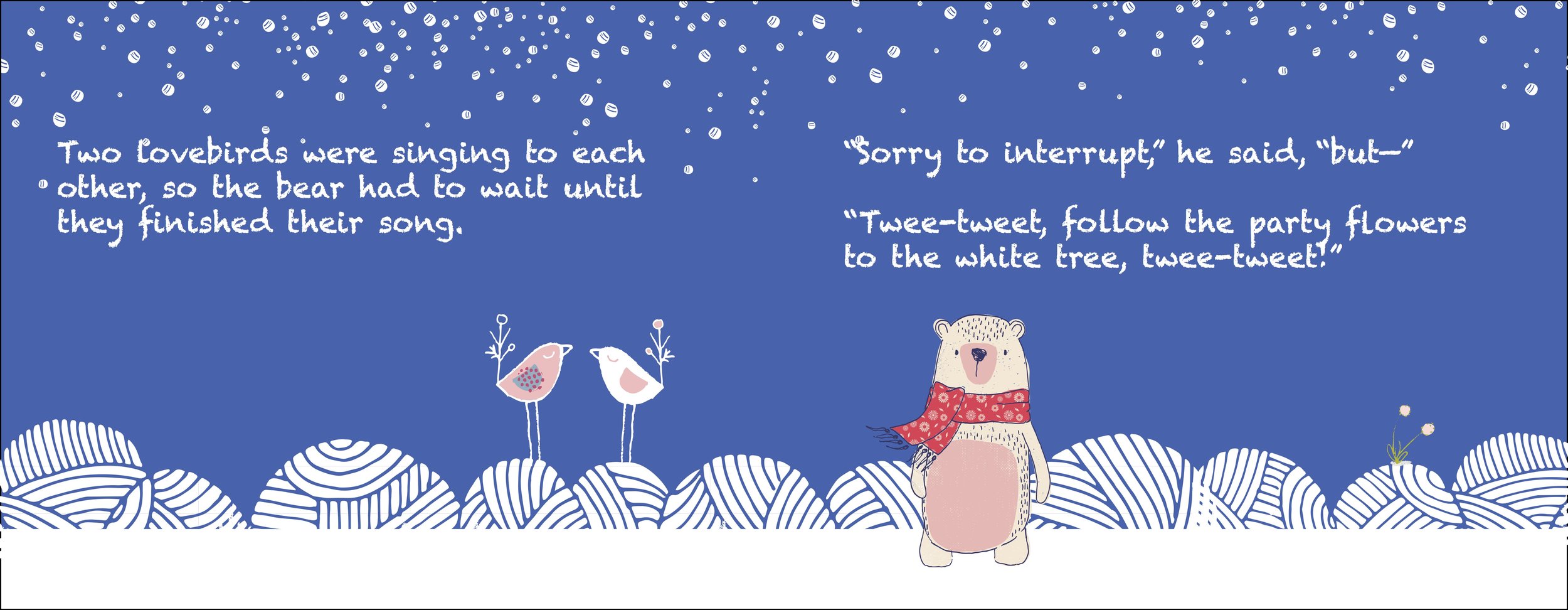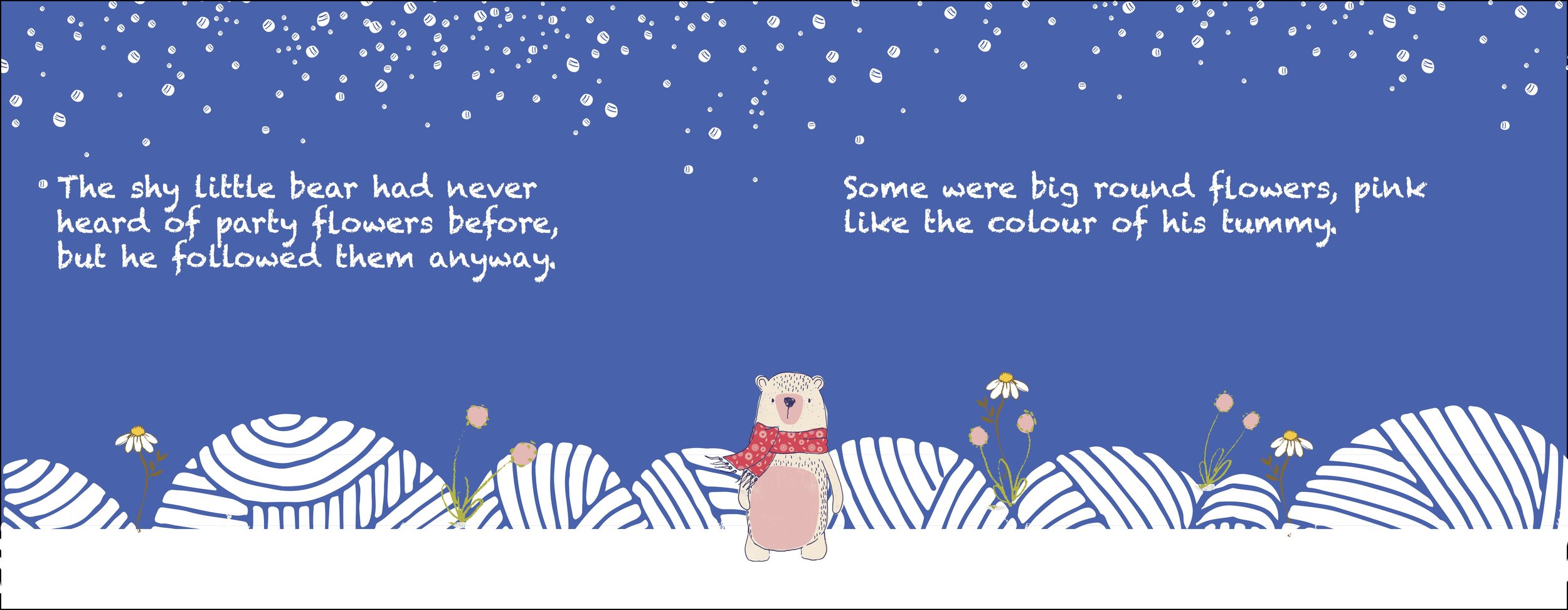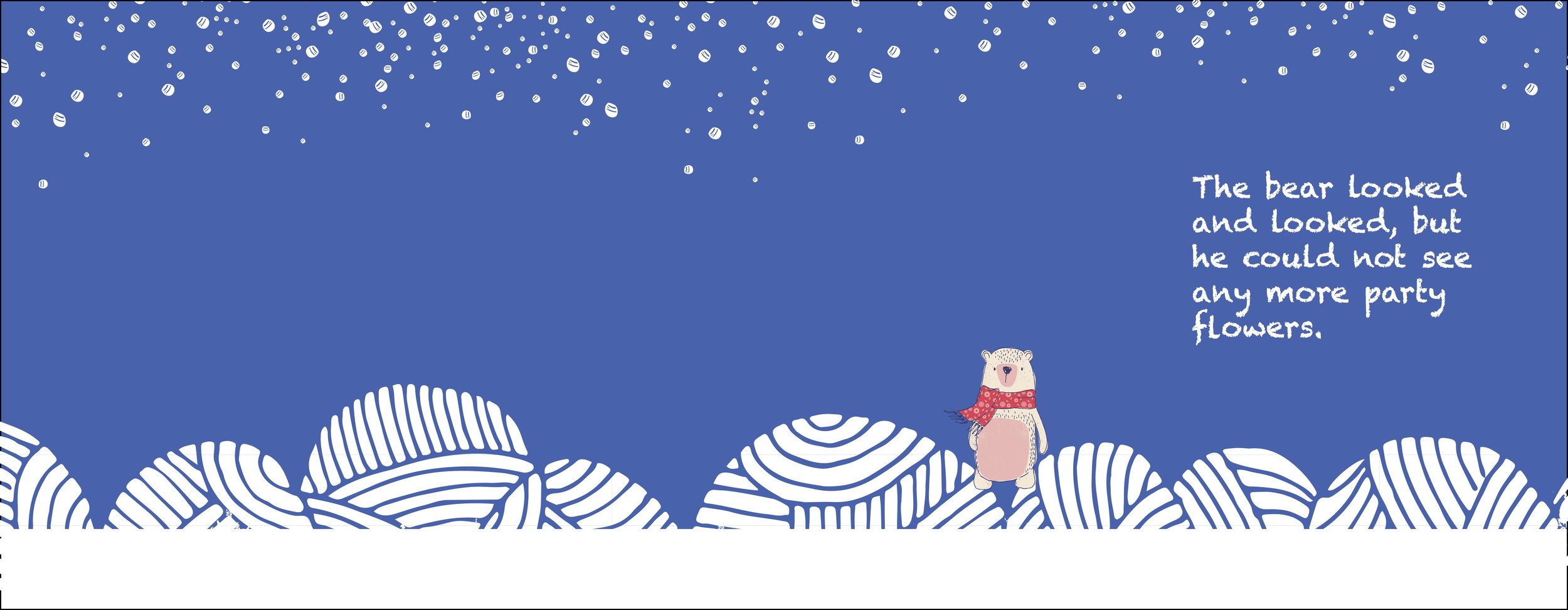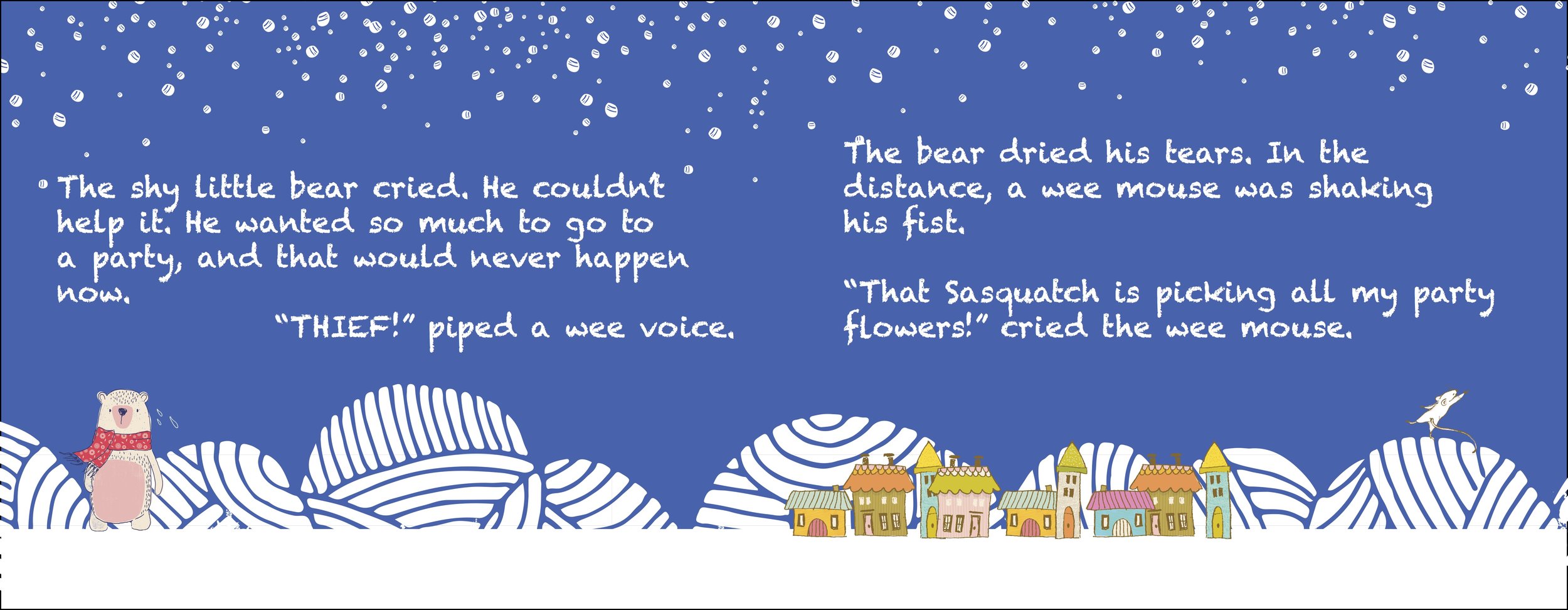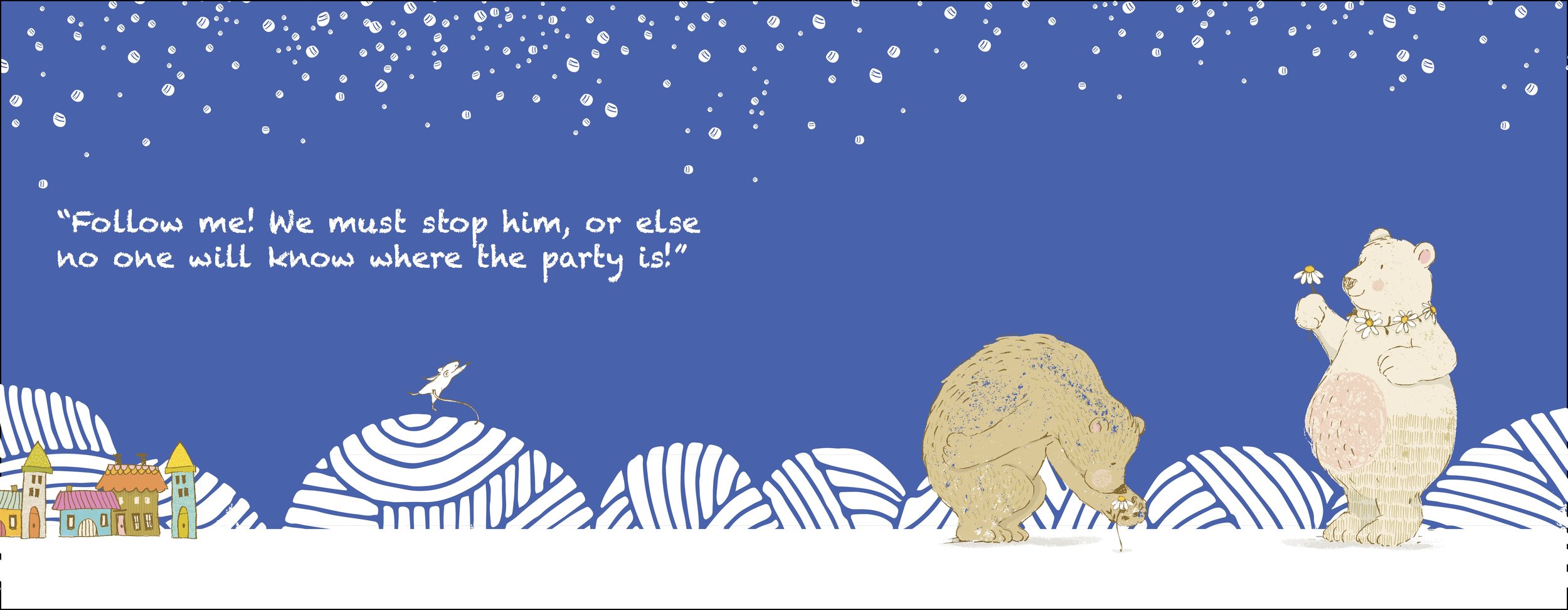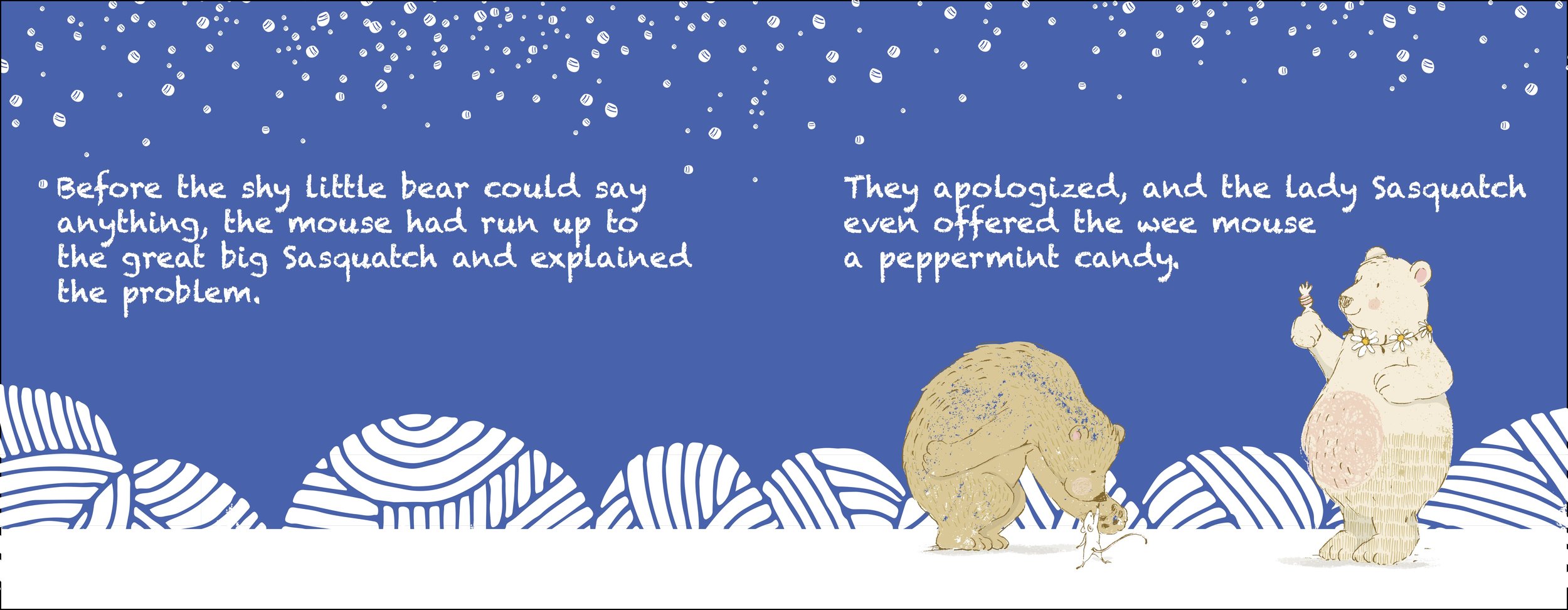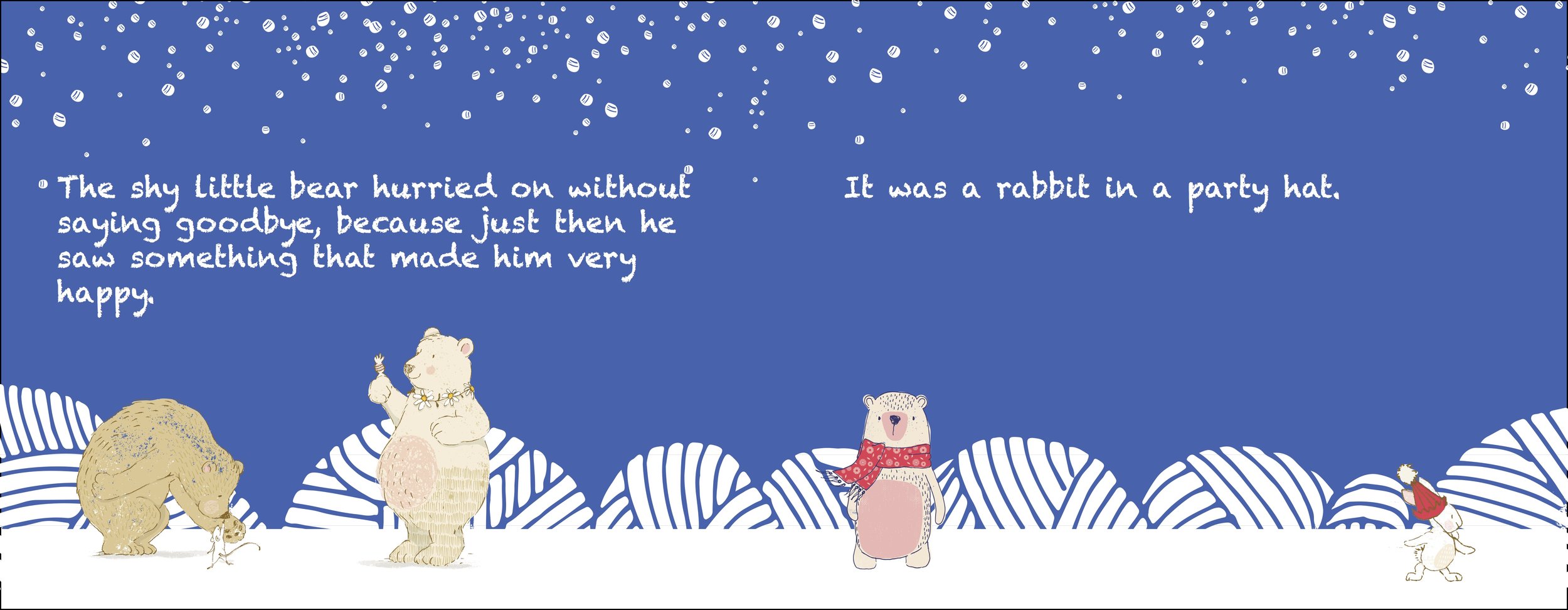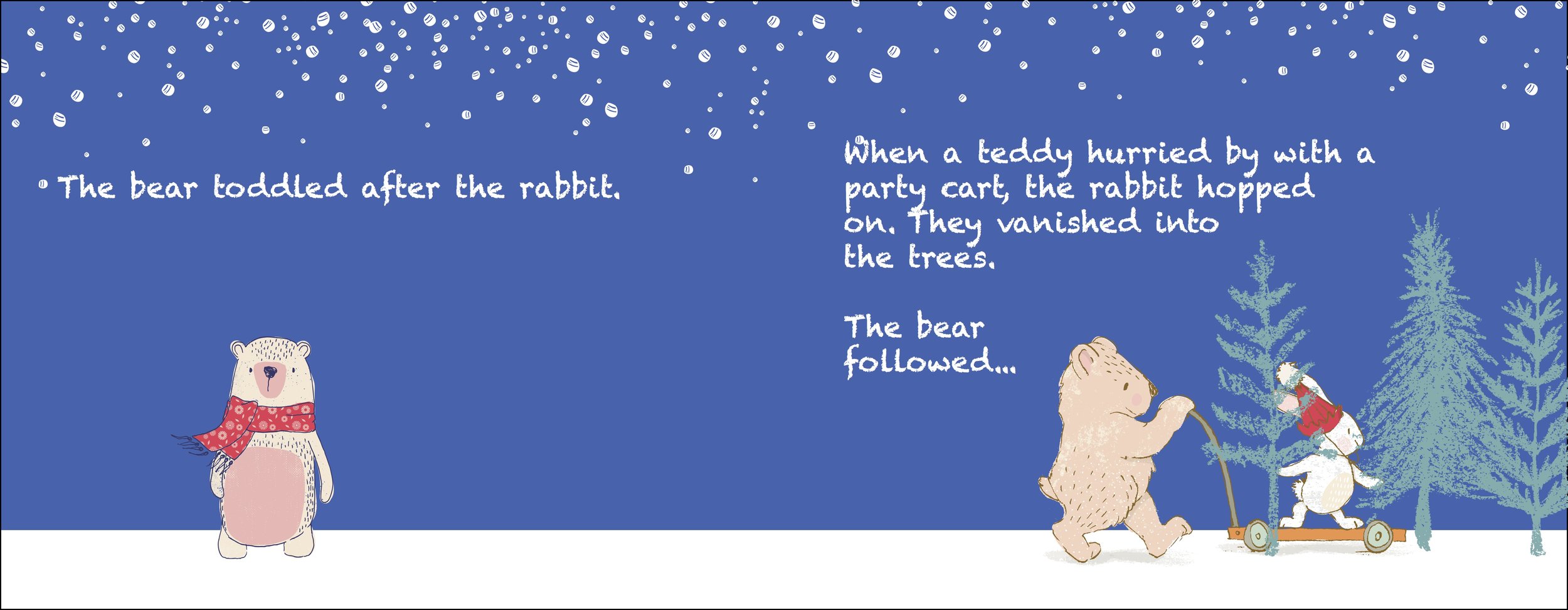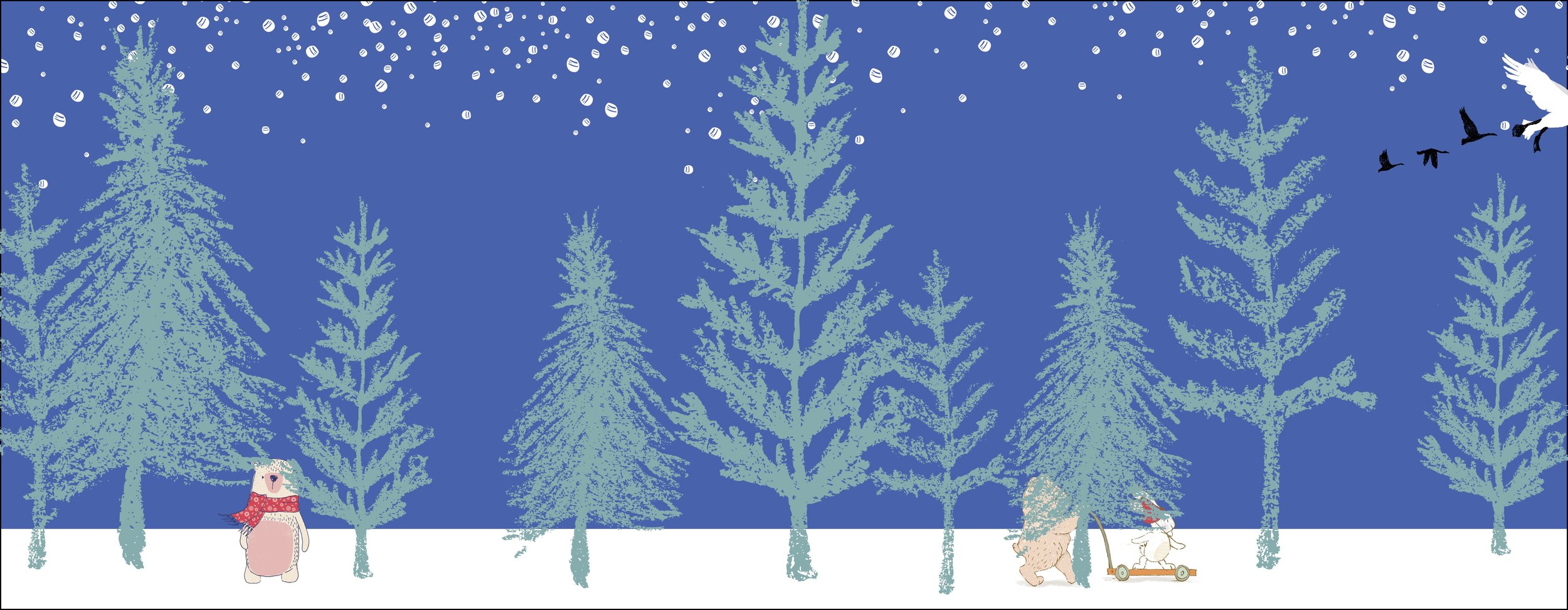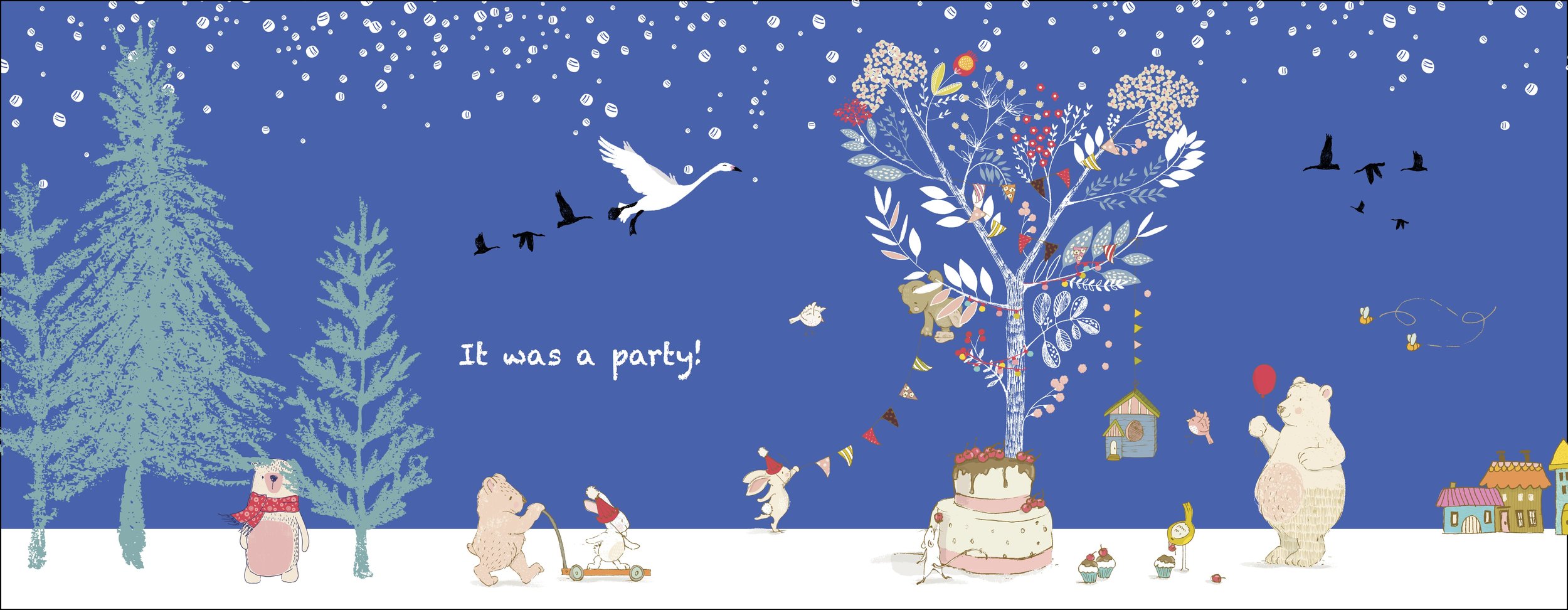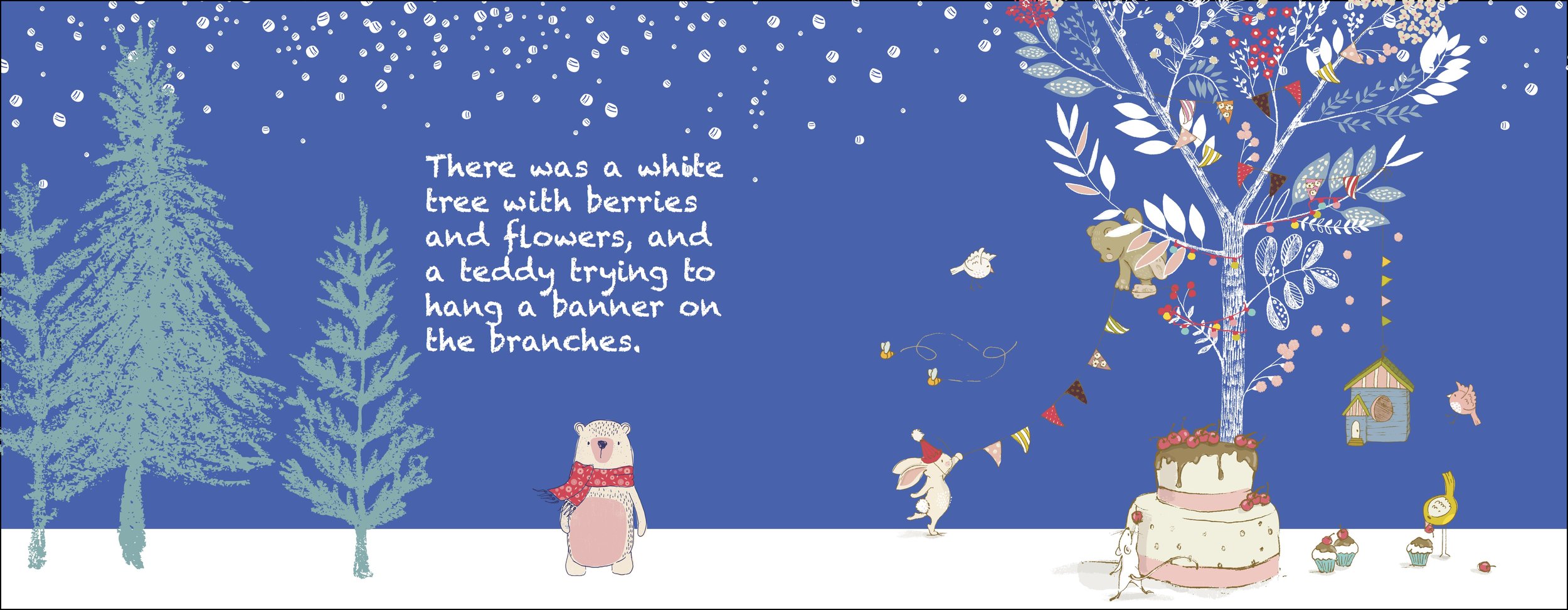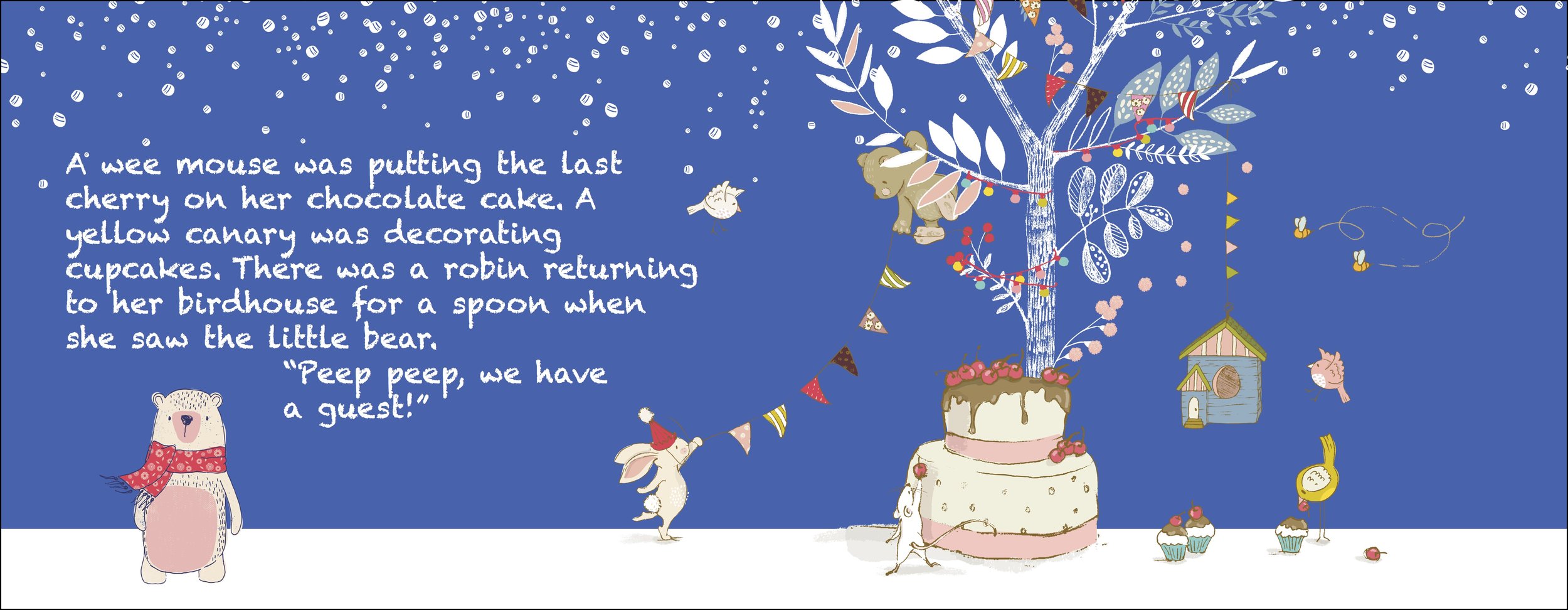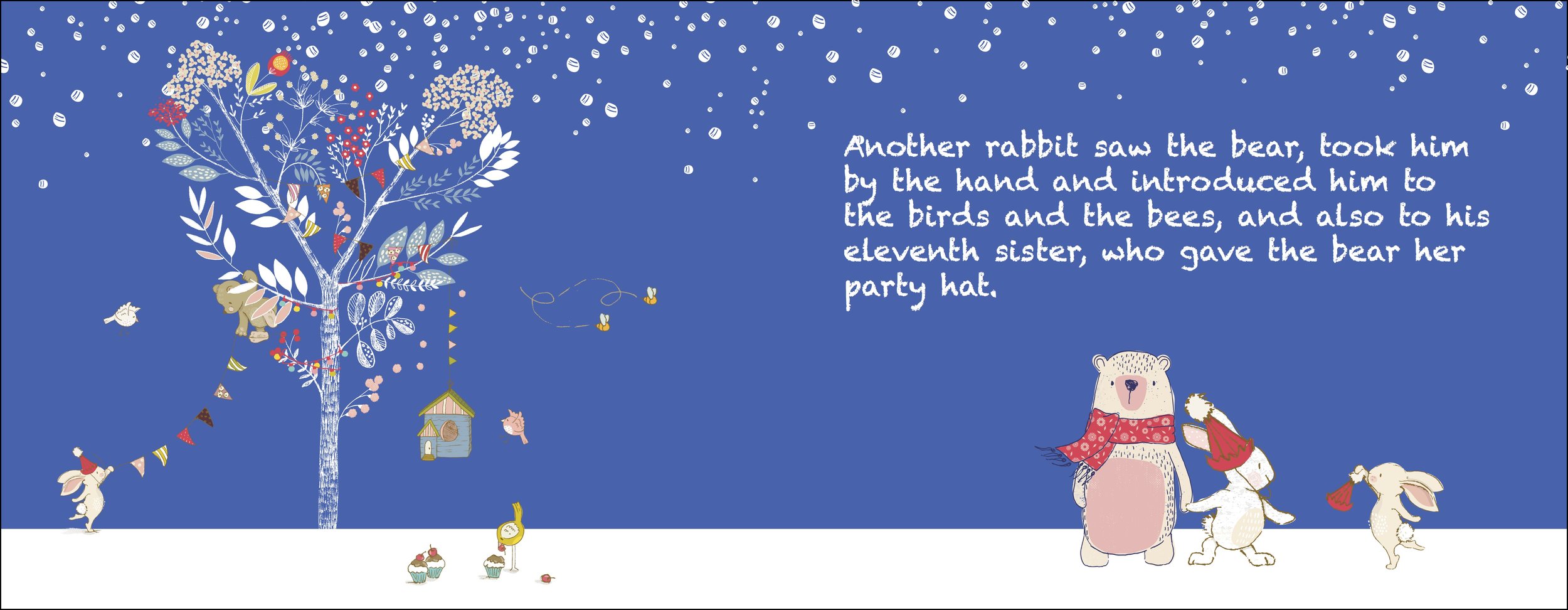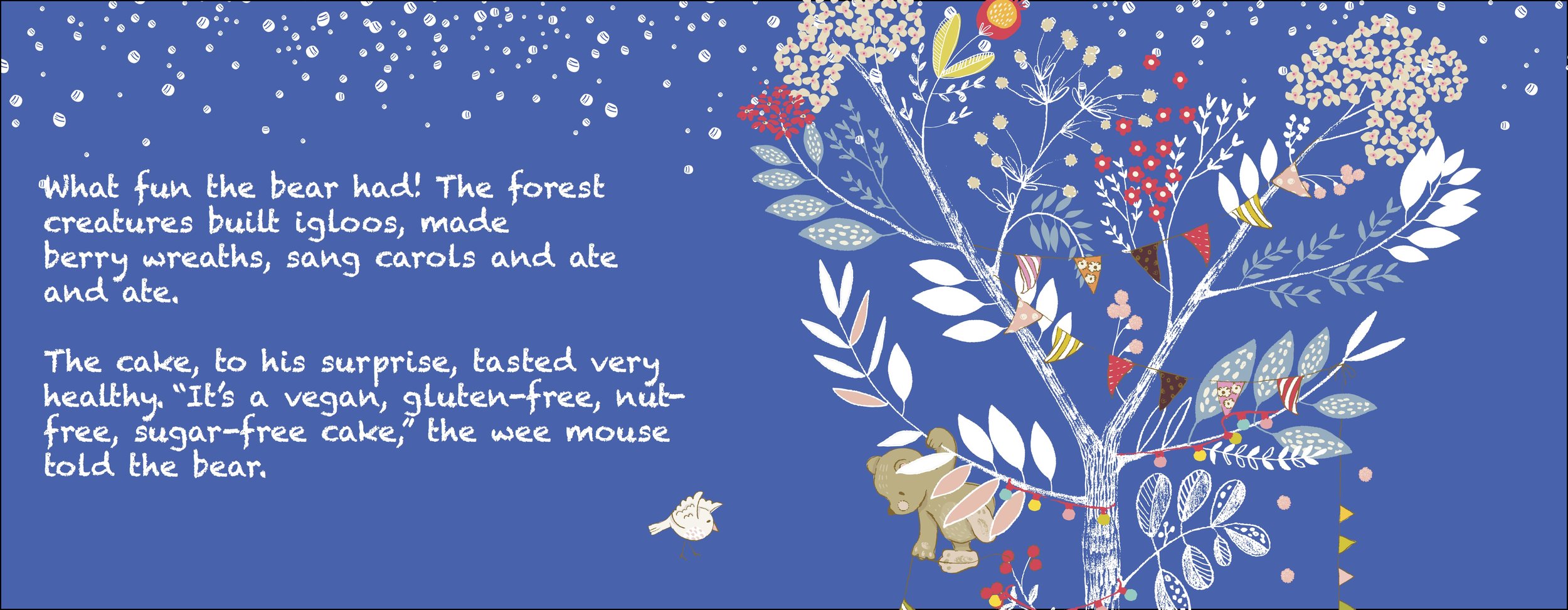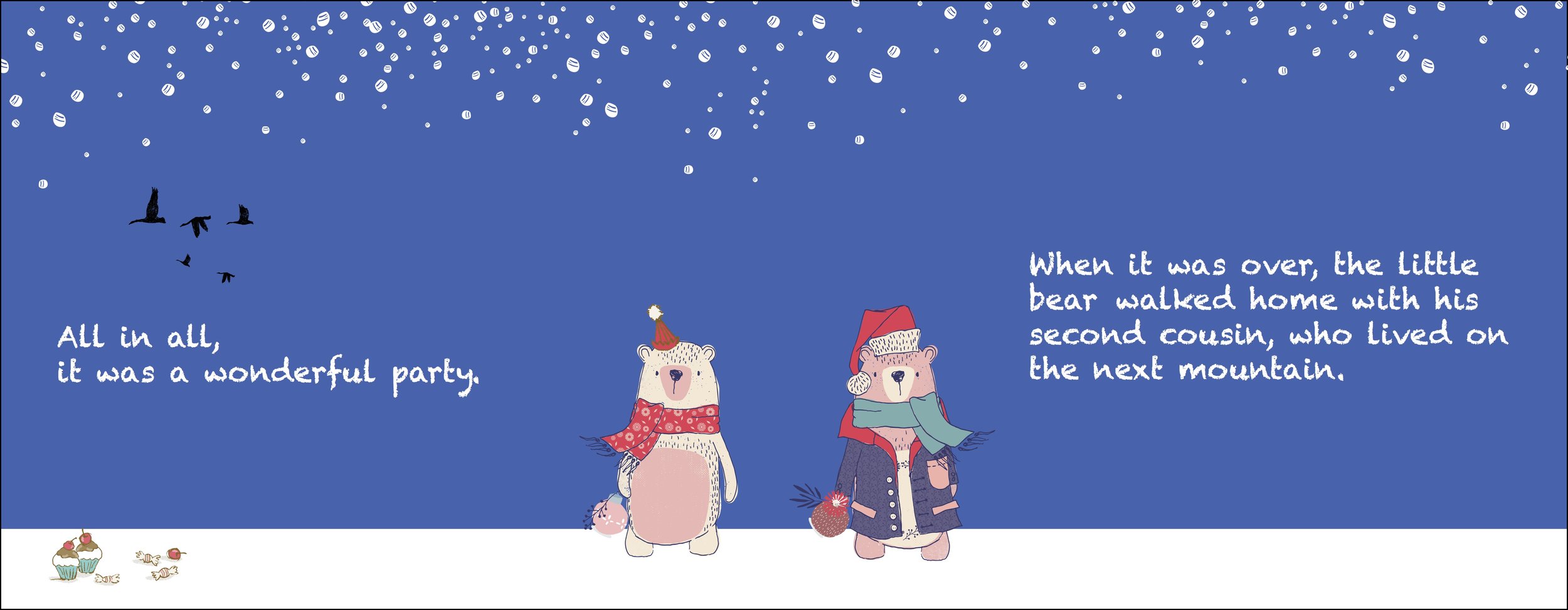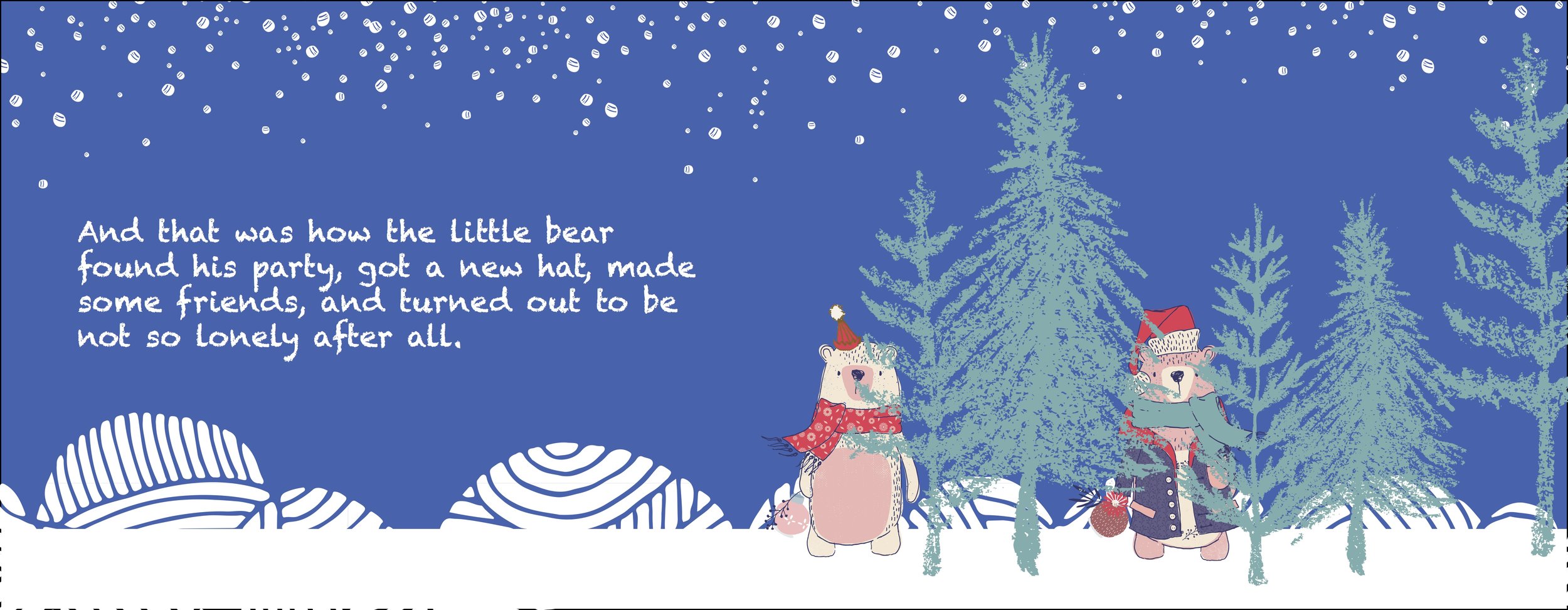Both times, my first rejection stung. It's personal, and there's nothing you can do about it.
22 years ago, I was in first grade, crushing on the precise penmanship and beguiling eyes of Justin Davies. He wrote me valentines professing his love, though word through the grapevine was that his devotions were generously distributed.
Then my mother cut my hair. Pixie-style, just more boyish and less cute.
The next day, Justin gave me one long look of revulsion and turned away.
I must have cried my body weight in tears. I still remember my mother holding me that night, curled on the kitchen floor, sobbing in despair at his fickle affections while she apologized for choosing a hairstyle that she had becomingly worn only five years prior. Oh, mothers. Oh, elementary school loves.
This time, I didn't take it so personally.
If you're an aspiring author and you're querying agents, it's only a matter of time before someone unequivocally turns you down.
Quality is subjective. So is style, and emotion, and that hard-to-describe resonance when a story connects with you. So, it's only fair that there will be people who like your story, and there will be those who dislike it, and also those who just don't feel anything about it.
Fortunately for my ego, my first rejection came from one of the latter:
“Dear Ashley,
Thank you for remembering our pitch session and contacting me after a few years! I appreciate your keeping me in mind. I am focusing on middle grade acquisitions these days and acquiring YA only selectively. Unfortunately, I’m not powerfully connecting with the narrative voice in your sample, so I’m sorry to say I’m not the right editor for this. Best of luck to you in finding the perfect publishing home for THE PAPER THRONE.”
She was right about the "years" part: I pitched this editor over 2 years ago at the 2014 Surrey International Writers Conference.
But look at her title.
Yeah. Senior Editor.
At HarperCollins.
FYI, Editors are the people whom literary agents pitch to. So this woman was one BIG step up the rung in the tall publishing ladder I'd have to climb.
But I knew she was a long shot from the beginning. Even when I pitched to her 2.5 years ago, she was primarily looking for children's lit, and I was very fortunate to receive request at all.
"How do you feel?"
I wondered how it would feel. I was sad. I had that hopeful jump in my stomach when I saw who the email was from, and then the sinking feeling when I read the words. It's made me a little more reflective today, but not dejected. So don't feel sorry for me, I'm okay! I've read enough cautionary articles and talked to enough writers that I was prepared. I wonder if the second, and the third, and the fourth rejection will feel different.
What I'm supposed to do next
Keep my chin up. Grow a thick skin. Keep on truckin' on, which boils down to 3 main activities:
- Accomplish other things while I wait for query responses. Avoid twiddling my thumbs—or, if I'm going to, I might as well knit (I bought some yarn last week).
- Keep sharp. Maintain the blog, my online circles, comment & contribute to others' drafts, read writing books, start a new project (I have, but I'll share more another day).
- Plan my next move: in a month or so, I'll have likely heard back from a few agents—hopefully with some helpful advice. Then comes Querying - Round 2, which involves potential revisions (*wince*) and emailing COLD queries.
Cold queries are sent to agents I've never met, who don't know me from a hole in the wall. I will be one of hundreds of writers who might sell their left kidney to get published. It's a chilling, discouraging thought, but it's a reality that many of my writer friends have faced. Once your Golden Tickets are gone (aka submission requests from agents you've met in person), the only thing that will distinguish your story amongst the dross is your writing.
But I'm not going to think about that just yet. Heck, I've still got 9 horses in the race! Nine agents whom I've met and sparked their interest in my story. Nine agents who have my manuscript in their Inbox.
Either way, I'm looking forward to hearing from them.









